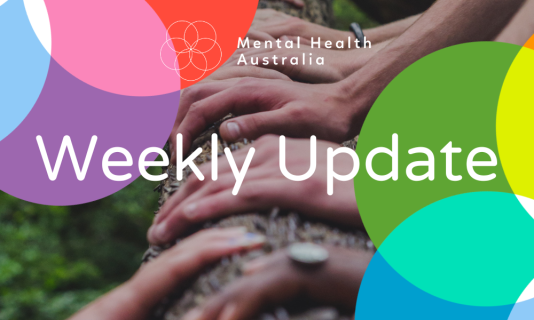Equity of access to healthcare for all Australians
The escalating cost of living crisis is exacerbating the challenges of accessing healthcare for many people in Australia.
Making a simple trip to the doctor is becoming even more of a financial burden, with GPs reporting an average increase in fees for a standard consultation by almost $10 over the past year.
The Royal Australian College of General Practitioners’ 2023 General Practice: Health of the Nation report details this concerning decline in the affordability of primary care.
The report also outlines that the proportion of GPs bulk billing all of their patients halved from 24 per cent in 2022 to 12 per cent in 2023. Mental Health Australia commends the Australian Government for increasing Medicare Benefits Schedule bulk billing incentive payments this month to address this issue — it is a step in the right direction to support doctors to continue to bulk bill people in Australia who feel cost of living pressures most acutely.
We know that this disproportionally includes people experiencing mental health challenges.
The proportion of GPs reporting psychological issues as one of the top three reasons for patient visits has risen even further from 61 per cent in 2017 to 72 per cent in 2023.
Access to healthcare is a human right, and Mental Health Australia urges the government’s continued attention to addressing rising costs of healthcare. I am hearing about the cost of healthcare pressures and inequitable access to services and supports across the country from our members and people working in the mental health sector.
Last week I joined Catherine Lourey from the Mental Health Commission of NSW, and Dr Christ Maylea, Associate Professor of Law at La Trobe University, on the Keynote panel at the ANZMHA Rural Mental Health Conference in Albury to discuss human rights in rural mental health and equity of access for people living in rural communities.
The panel addressed the pressing issue around higher demands for services but limited access to mental healthcare workers in regional and rural areas.
This is why it is so vital the government commit to developing, funding and implementing a National Mental Health Reform Roadmap, co-designed by people with lived experience and their families and carers and the sector. A Roadmap, that is backed by strong outcomes data and accountability measures, can help to ensure that we are working together to improve the mental health of all people in Australia and doing it in an equitable way.
Data from our Mapping Mental Health Care research project highlights many population groups with a higher need for mental health supports reside in regional towns across Australia, from Griffith and Wagga Wagga in NSW, to Warrnambool in Victoria, and Katherine in the Northern Territory.
This data can better support health planners and provides an opportunity for mental health organisations to unite to better serve communities in need, and advocate for reform in local regions.
A great example of partnerships improving access to services is the recent merger between Mind Australia and One Door Mental Health.
This week they announced they will be joining forces to establish one of the largest community-managed mental health and wellbeing service specialists in Australia, offering a full continuum of mental health services, ranging from early intervention to complex care.
The more we work collectively towards supporting our communities experiencing higher need, the closer we can become to a more equitable country, where everyone has access to mental health supports regardless of their income or postcode.
Have a good weekend,
Carolyn Nikoloski
CEO, Mental Health Australia
| 
